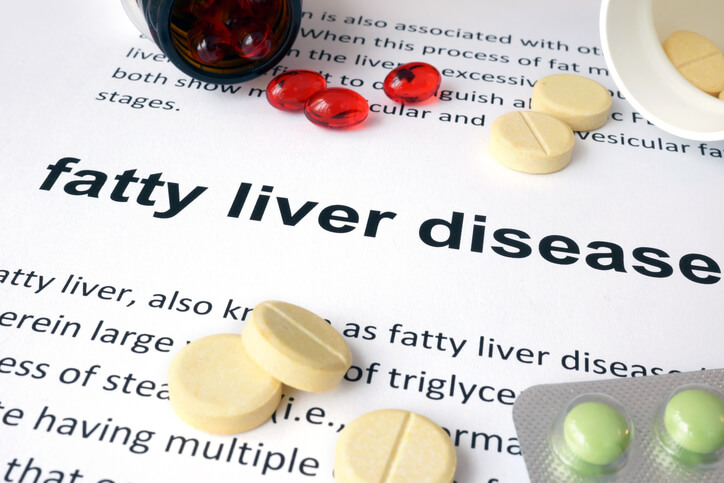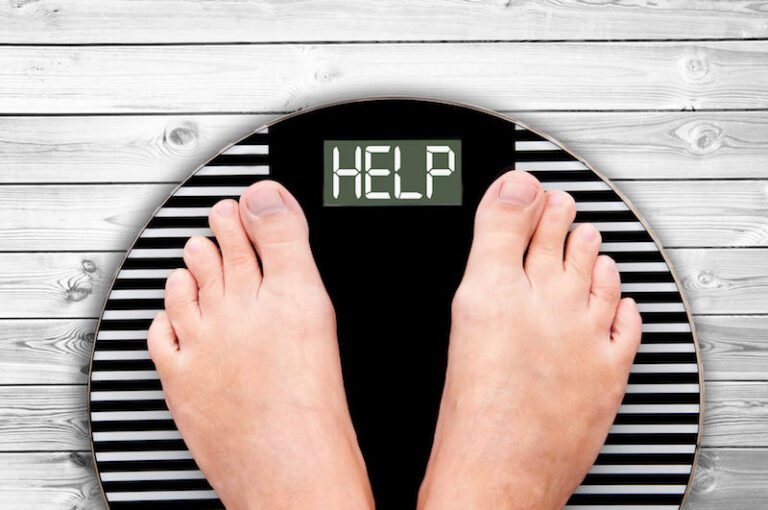Obesity and Nonalcoholic Fatty Liver Disease
Did you know that being severely overweight can damage your liver? Even if you don’t drink much (or at all) those who are considered obese (people those who have a body mass index (BMI) of 40 or higher, or a BMI of 35+ with another accompanying health concern) are at risk of developing a serious condition called nonalcoholic fatty liver disease.
Alcohol Not Required
Both alcoholic fatty liver and nonalcoholic fatty liver disease are the result of the same conditions within the body: excess body weight, high blood sugar, high levels of fats in the blood, and insulin resistance. Symptoms on the condition can include nausea, lethargy, loss of weight or appetite, or trouble concentrating and/or confusion. Other symptoms can include an enlarged liver, pain in the right, upper abdomen, and blotchy patches under the arms and neck.
But here’s the kicker with liver disease: oftentimes there are no symptoms until cirrhosis (advanced scarring) has occurred. So the only early diagnosis is with blood tests, ultrasound or a biopsy.
A blood test will determine the prevalence of a certain type of enzyme, while ultrasound snaps a picture of your liver via sound waves, looking for enlargement. If these tests indicate a problem, your doctor may recommend a biopsy next.
Reversing Fatty Liver Disease
The good news is, you can immediately start to reduce symptoms and greatly improve the health of your liver by reducing your body weight. In a recent study published in the journal Gastroenterology, 90% of patients who had reduced their body weight by 10% or more resolved their fatty liver disease, and 45% found their fibrosis—or scarring—had regressed.
For some, though, saying ‘just lose weight’ is like telling them to ‘think harder.’ It’s so much easier said than done, and the $20 billion weight loss industry is proof of that. But that’s where Dr. Preeti Malladi comes in. If diet and exercise aren’t doing the trick, and your liver—along with other vital organs—is begging you to lose weight, weight loss surgery might be an option.
Contact our office at (214) 242-9737 to determine if bariatric surgery is right for you. Dr. Preeti Malladi and her staff will explain your options, and give you a crystal clear understanding of what to expect.







